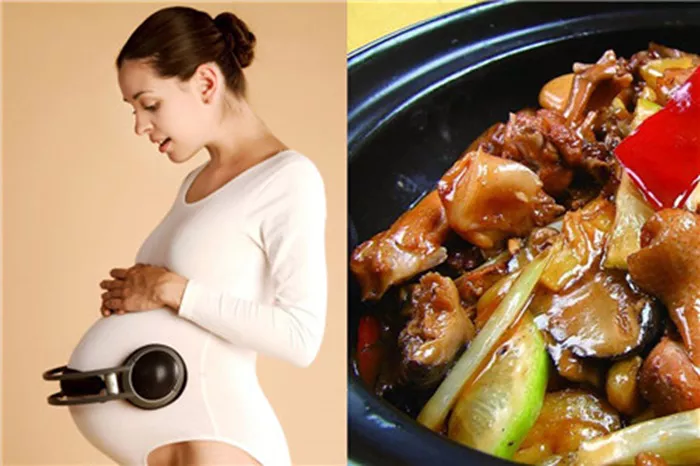In China, an age-old belief known as “sour for boys, spicy for girls,” or suan nan la nu in Mandarin, is widely used to predict the gender of unborn babies based on changes in the mother’s diet during pregnancy.
According to this tradition, if an expectant mother craves sour foods, it is believed she is carrying a boy, whereas a preference for spicy foods indicates a girl.
The preference for sons in Chinese culture is deeply rooted, influenced by traditional Confucian values where males are seen as continuing the family lineage, particularly in agrarian societies where physical strength was crucial for family support.
Despite advancements in gender equality, this belief persists in many families. Some celebrate when a pregnant woman craves sour foods, viewing it as a sign of a male heir who will uphold the family name. Conversely, cravings for spicy foods may suggest the birth of a daughter, which can sometimes lead to societal pressures, including extreme cases of pressure for abortions.
As of the end of last year, China recorded a significant gender imbalance, with over 30 million more males than females, according to the National Bureau of Statistics. This surplus of males has created societal challenges, with many unable to find spouses or establish families.
However, medical experts and scientific sources refute the validity of such beliefs. Tencent Medipedia, a popular science platform in China, has clarified on Weibo that a baby’s gender is determined at conception and is not influenced by the mother’s taste preferences during pregnancy.
Experts explain that changes in appetite during pregnancy are primarily due to physiological factors, such as hormonal changes and the secretion of placental substances that can affect gastric enzymes. This often results in symptoms like nausea or a preference for acidic foods to alleviate these symptoms.
In China, regulations prohibit doctors from disclosing the baby’s gender during routine prenatal checks, focusing instead on the overall health and development of the unborn child.
While some individuals still uphold these traditional beliefs, others advocate for a more scientific approach. One supporter mentioned, “It’s hard not to believe in this tradition. When I had a son, I craved sour plums. When I had a daughter, I enjoyed spicy hotpot.”
Conversely, another observer emphasized, “Let’s trust in science. Regardless of gender, I want the best for my child.”
Various other folklore methods exist in Chinese culture for predicting the baby’s gender, such as the shape of the mother’s belly, which medical experts have debunked as having no scientific basis. Similarly, beliefs about changes in skin condition during pregnancy are attributed solely to hormonal fluctuations.


